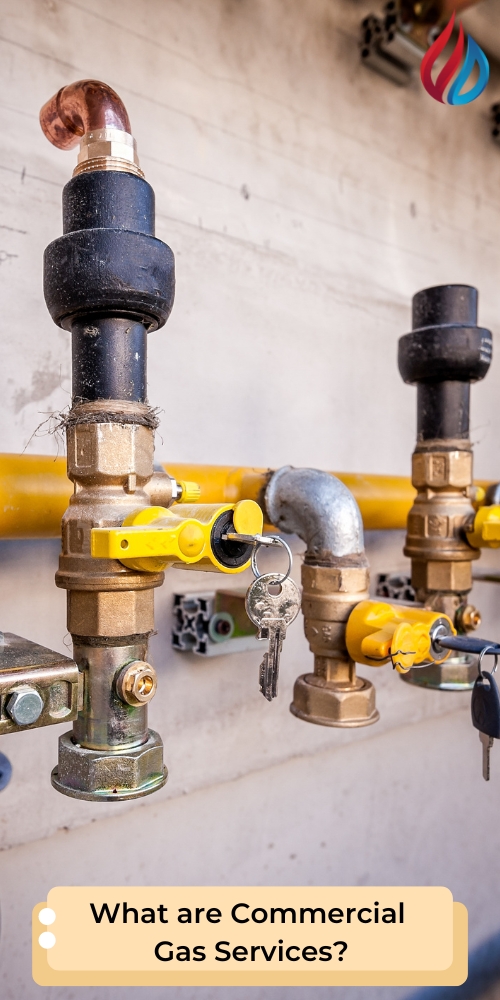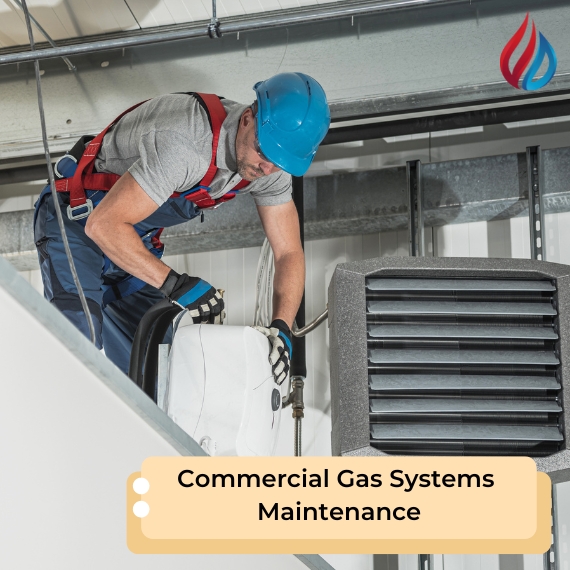Call Now: 08000 855 077
Professional Gas Services for Industrial Safety, Efficiency, and Compliance
Enquiry Form
Call Now
08000 855 077
for a free no obligation quote.
Gas Purging provides services to ensure industrial operations’ safety, efficiency, and compliance. Industries such as oil & gas, chemical processing, and pharmaceuticals rely on our solutions to protect their systems and meet safety standards. Understanding gas purging’s role in operations helps businesses maintain safe practices, making it important in various sectors.
What is Gas Purging, and Why is It Important?
Gas purging removes unwanted gases from pipelines, tanks, or vessels using inert gases like nitrogen or argon. This process prevents the formation of hazardous or explosive gas mixtures. The operation maintains system safety and prevents accidents, ensuring equipment operates efficiently. Safety and efficiency remain interconnected in purging, impacting overall system performance.
How Does Gas Purging Improve Safety and Efficiency?
Gas purging removes harmful gases, preventing explosions and contamination. Clean gas environments reduce equipment corrosion and extend operational lifespan. This ensures safe systems and improves efficiency by minimising breakdowns. Regular gas purging keeps systems functioning reliably, which benefits industries that depend on high safety standards.
Which Industries Require Gas Purging Services?
Industries requiring gas purging include:
- Oil & Gas: Prevents explosive mixtures in pipelines and storage systems.
- Chemical Processing: Ensures gas purity prevents contamination.
- Pharmaceuticals: Maintains sterile production environments.
- Aerospace: Protects fuel systems from dangerous gas mixtures.
Regular purging supports safety and compliance, ensuring optimal system operations. Timely gas purging ensures these industries maintain performance standards, especially during new installations or maintenance.

When Should Gas Purging Be Performed?
Gas purging occurs before system commissioning or during repairs and upgrades. Systems handling combustible gases or sensitive chemicals require frequent purging to prevent hazards. Regular purging prevents safety risks and ensures systems operate as intended. The right purging method further enhances these results by targeting system-specific needs.
What Are the Different Methods of Gas Purging?
Gas purging methods include displacement purging, dilution purging, and vacuum purging. Displacement purging uses inert gas to push out unwanted gases. Dilution purging introduces inert gas to lower harmful gas concentration. Vacuum purging creates a vacuum to remove and replace them with inert gas. Each method is selected based on system requirements and gas type. System assessment ensures the appropriate purging method is applied.
How Do We Customise Gas Purging for Your System?
Our team evaluates your system, gas type, and size to recommend the best method. We use non-reactive gases like nitrogen, argon, or carbon dioxide to ensure safety and compliance. Customisation ensures precise purging, addressing system-specific risks. With the right method selected, proper equipment is key for effective purging.
What Equipment is Required for Gas Purging?
Gas purging requires an inert gas supply, such as nitrogen, argon, or carbon dioxide. Pressure regulators control gas flow and pressure. Purging valves expel unwanted gases from the system. Monitoring systems track gas concentrations in real-time to ensure safety. These components work together to complete the purging process efficiently and safely, but the process is only as effective as the safety measures followed during purging operations.
Specialised Solutions
Here are a few of our specialised offerings: Our committed team, available seven days a week, provides these expert solutions across the nation:

What Safety Measures and Compliance Standards Are Followed During Gas Purging?
We follow strict ISO, NFPA, and OSHA standards. Real-time monitoring systems ensure safe gas concentrations during purging. Safety protocols prevent accidents and ensure environmental compliance. Adhering to safety standards ensures legal and operational success. This process only extends timelines, keeping operations efficient.
How Long Does the Gas Purging Process Take?
The length of gas purging depends on system size and complexity. Smaller systems take hours, while larger systems may require more time. We provide a project-specific timeline to minimise downtime. Often, purging can occur while systems remain operational, ensuring productivity continues smoothly.
Can Gas Purging Be Performed While My Operations Are Running?
In many cases, gas purging can happen without disrupting operations. Our team assesses your system to determine the safest approach, ensuring minimal downtime. Integrating purging into regular maintenance schedules prevents disruptions and maintains operational flow. Routine purging ensures systems are properly maintained, avoiding safety issues over time.
Is Gas Purging Part of Regular Maintenance?
Gas purging is essential during the new system’s setup and regular maintenance. Routine purging prevents gas buildup, ensuring safe, contaminant-free systems. Depending on the operation, scheduled purging after repairs or upgrades is advised. Regular maintenance avoids risks and keeps systems functioning efficiently.
What Are the Risks of Not Performing Gas Purging?
Not performing gas purging increases risks of explosive gas mixtures, endangering equipment and personnel. Residual gases can contaminate processes, reducing product quality and causing inefficiencies. Unpurged systems face higher corrosion risks, leading to equipment damage and costly repairs. Regular purging is essential to prevent these risks and maintain operational safety. Compliance with permits and approvals is also necessary to avoid legal issues.
Do I Need Special Permits or Approvals for Gas Purging?
Some industries may require permits or regulatory approvals for gas purging. Our team helps navigate these requirements, ensuring compliance. Meeting these obligations maintains safe, legal operations. Compliance management complements overall project planning, including cost considerations.
How Much Does Gas Purging Cost?
Gas purging costs depend on system size, complexity, and gas type. We provide customised quotes to meet specific needs and budgets. Cost-effective solutions prioritise safety and efficiency. Preparing the system for purging ensures everything runs smoothly, keeping costs controlled.
What Should I Prepare Before Scheduling Gas Purging?
Before scheduling gas purging:
Ensure the system is accessible to the purging team without obstructions.
Assess the types of gases present to determine the appropriate purging method.
Plan for any necessary downtime if purging cannot occur during normal operations.
These preparations ensure the process runs efficiently and allow the system to resume normal operation quickly. Once these steps are complete, you can schedule the purging service.
Contact Us for Expert Gas Purging Services
Gas Purging provides reliable services that maximise safety, efficiency, and compliance. Contact us today to protect your operations and maintain a safe industrial environment.
